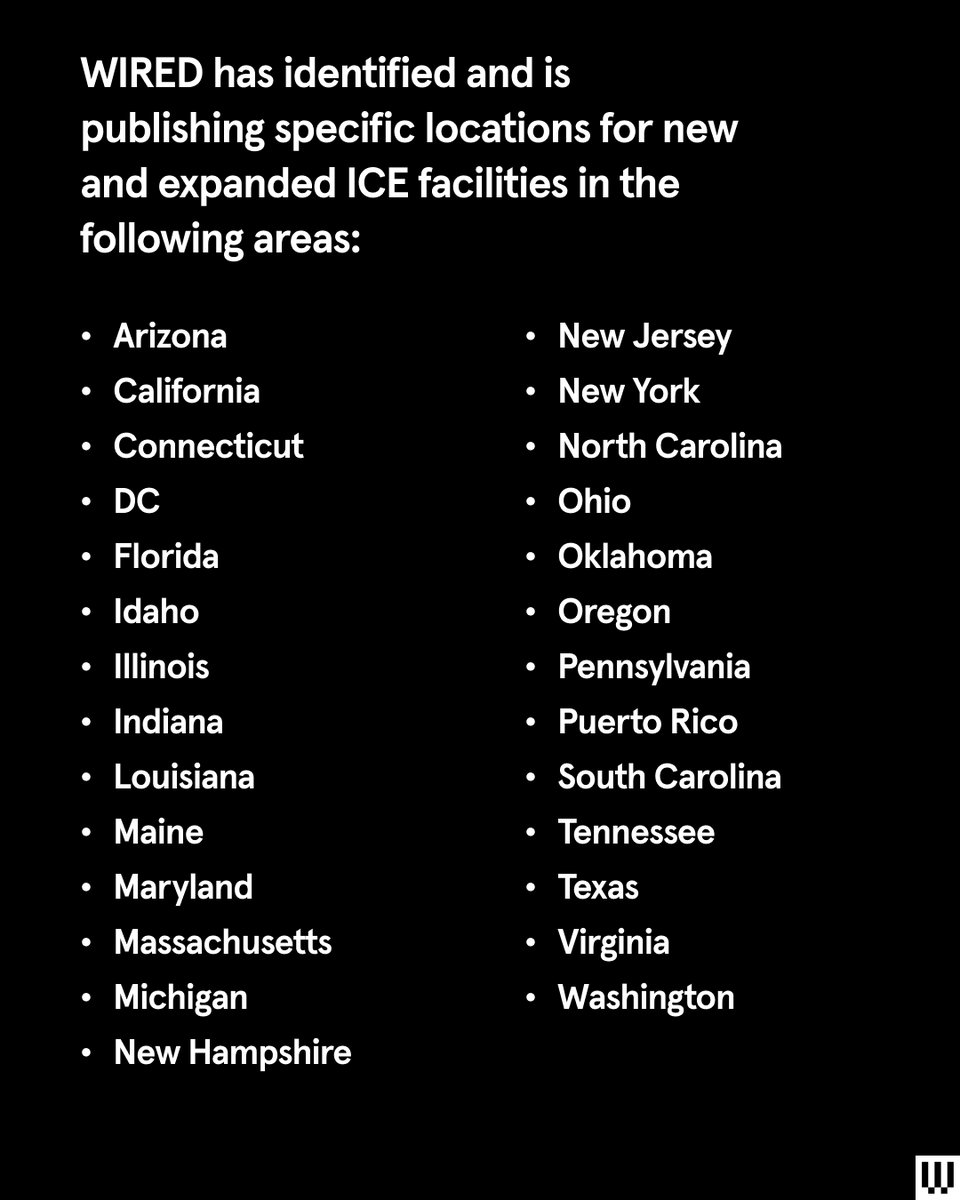The McDonald’s ice cream machine is notoriously fickle. Like an Italian sports car, it’s efficient and powerful, but temperamental and fragile. Two entrepreneurs invented a device to improve them. Then things got weird 1/
Photos by Gabriela Hasbun wired.trib.al/fw0OVcf
Photos by Gabriela Hasbun wired.trib.al/fw0OVcf
This all started with the Frobot. A decade ago, Jeremy O’Sullivan and Melissa Nelson invented an automatic frozen yogurt dispenser built around a Taylor soft-serve machine—the same kind used by McDonald’s restaurants. But they found it was constantly breaking 2/ 

In fact, the Taylor ice cream machines inside McDonald’s are infamous for being constantly out of order. According to stats collected by the website McBroken.com, between 5% and 16% of all US McDonald’s ice cream machines are offline at any given time 3/ 

So O’Sullivan and Nelson pivoted to selling a small gadget called Kytch that fits inside Taylor's ice cream maker, intercepting its internal data like a spy bug and sending it out via Wifi to McDonald’s franchisees to help maintain and fix the machines 4/ 

McDonald’s restaurant owners loved Kytch. The McDonald’s corporation and Taylor did not. Taylor sent Kytch a cease and desist and McDonald’s warned franchisees that Kytch breached ice cream machines’ “confidential data.” Their efforts decimated Kytch’s business 5/ 

Now Kytch is fighting back. Read the story of a tiny startup that disrupted what it sees as a milkshake shakedown, sparking a cold war involving private detectives, a lawsuit, alleged collusion, and an act of betrayal 6/ wired.trib.al/fw0OVcf
Want to support journalism like this? Subscribe to WIRED and get unlimited access to the latest tech news: wired.trib.al/f3r0g6N
• • •
Missing some Tweet in this thread? You can try to
force a refresh





